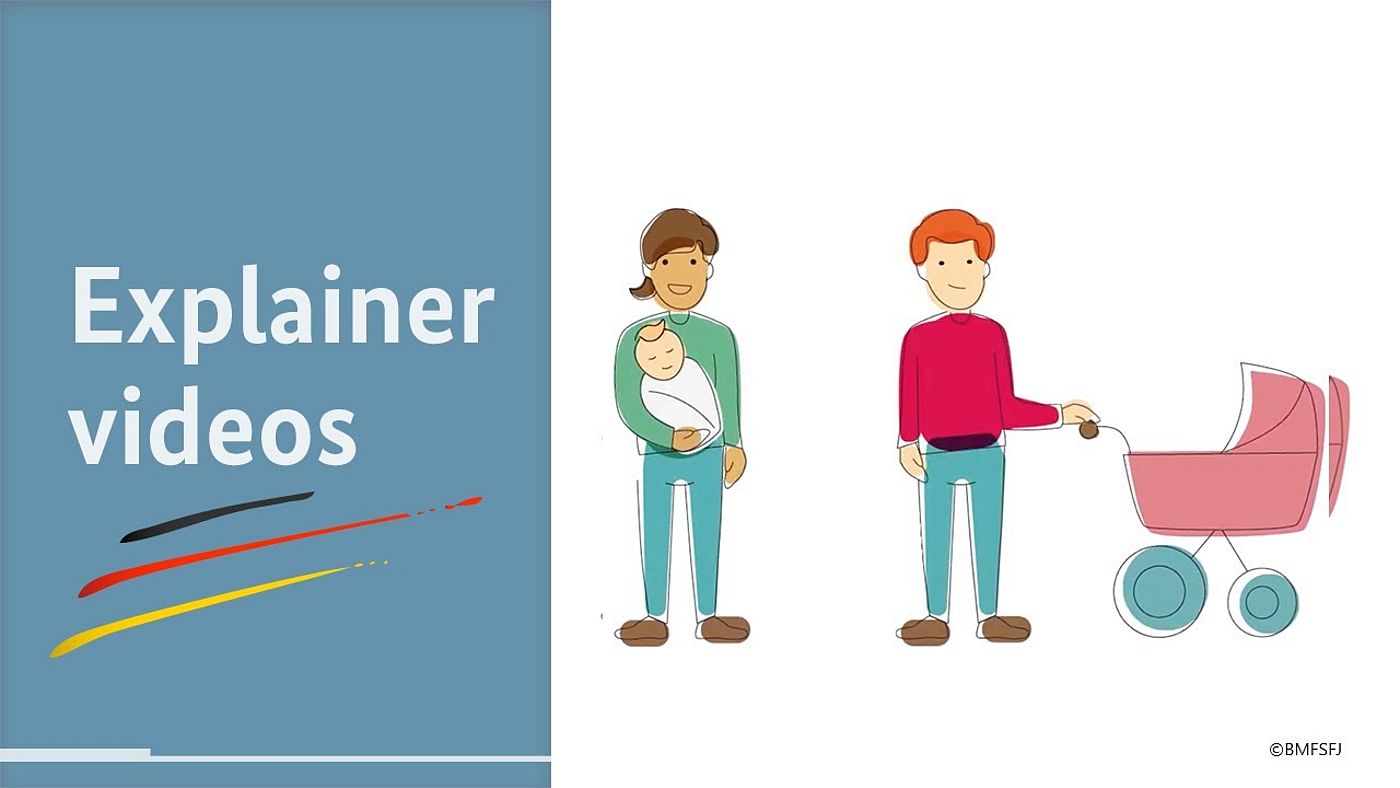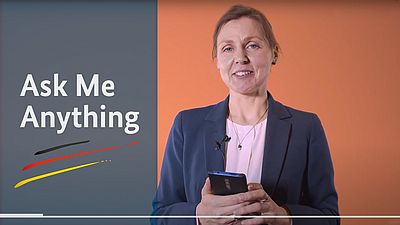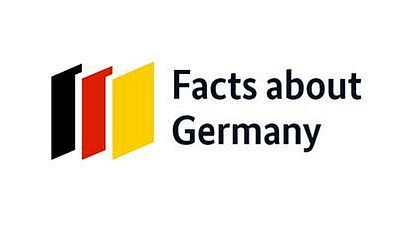Parental leave
After the birth of a child, mothers and fathers have the right to take a break from work to care for their child and spend time with their family. During this time, the employer may only terminate the employment relationship in exceptional circumstances (e.g. insolvency, shutdown of the business). As an employee, you can request up to three years off work from your employer. During this time, you do not have to work. But if you choose not to work, you will not receive any pay. One way to compensate for this is to apply for parental allowance. You can take parental leave before your child’s third birthday. You can also take some parental leave between your child’s third and eighth birthdays. In other words: you can take parental leave when you and your child really need it. At the end of parental leave, parents have the right to work as much as they did before taking parental leave. If you wish to apply for parental leave, the Parental Allowance Offices can help you. You can find their addresses on the familienportal.de website.
Who is entitled to parental leave?
Employees who have a German employment contract – whether full-time, part-time, marginal employment, fixed-term or permanent contract, etc. – are entitled to parental leave. The title also applies to trainees. The entitlement to parental leave exists until the child reaches the age of three. Students, pupils, interns, self-employed people or unemployed people are not entitled to parental leave.
If both parents of a child are employed, they can take parental leave alternately or simultaneously. It is important to note, however, that parental leave is only available to working mothers and fathers who also live in the same household as the child and predominantly care for their child themselves.
Here you can find more information about the duration, registration deadlines and protection against dismissal during parental leave.
Parental allowance
During parental leave, you will not receive a salary from your employer. However, you can apply for parental allowance, a form of financial support from the government that compensates you if you temporarily work less or not at all after the birth of your child.
Thus, parental allowance helps secure the financial livelihood of these families. Even parents who had no income at all before their child was born are entitled to receive parental allowance. There are three different types of parental allowance:
- Basic Parental Allowance (Basiselterngeld)
- Parental Allowance Plus (ElterngeldPlus)
- Partnership Bonus (Partnerschaftsbonus)
These three options can also be combined, depending on your needs and individual situation. The length of time you receive parental allowance depends on the option(s) you choose.
Here you can find more information on parental allowance and parental allowance Plus (ElterngeldPlus).
Do families of international skilled workers also receive parental allowance?
Citizens of countries in the European Union, Iceland, Liechtenstein, Norway and Switzerland can receive parental allowance if they live and work in Germany. Even if you are a citizen of another country, you are entitled to parental allowance if you have a residence title that allows you to work in Germany. If you are in Germany for your studies or vocational training, you will not receive parental allowance. You can find more details on the family portal or ask your parental allowance office.






